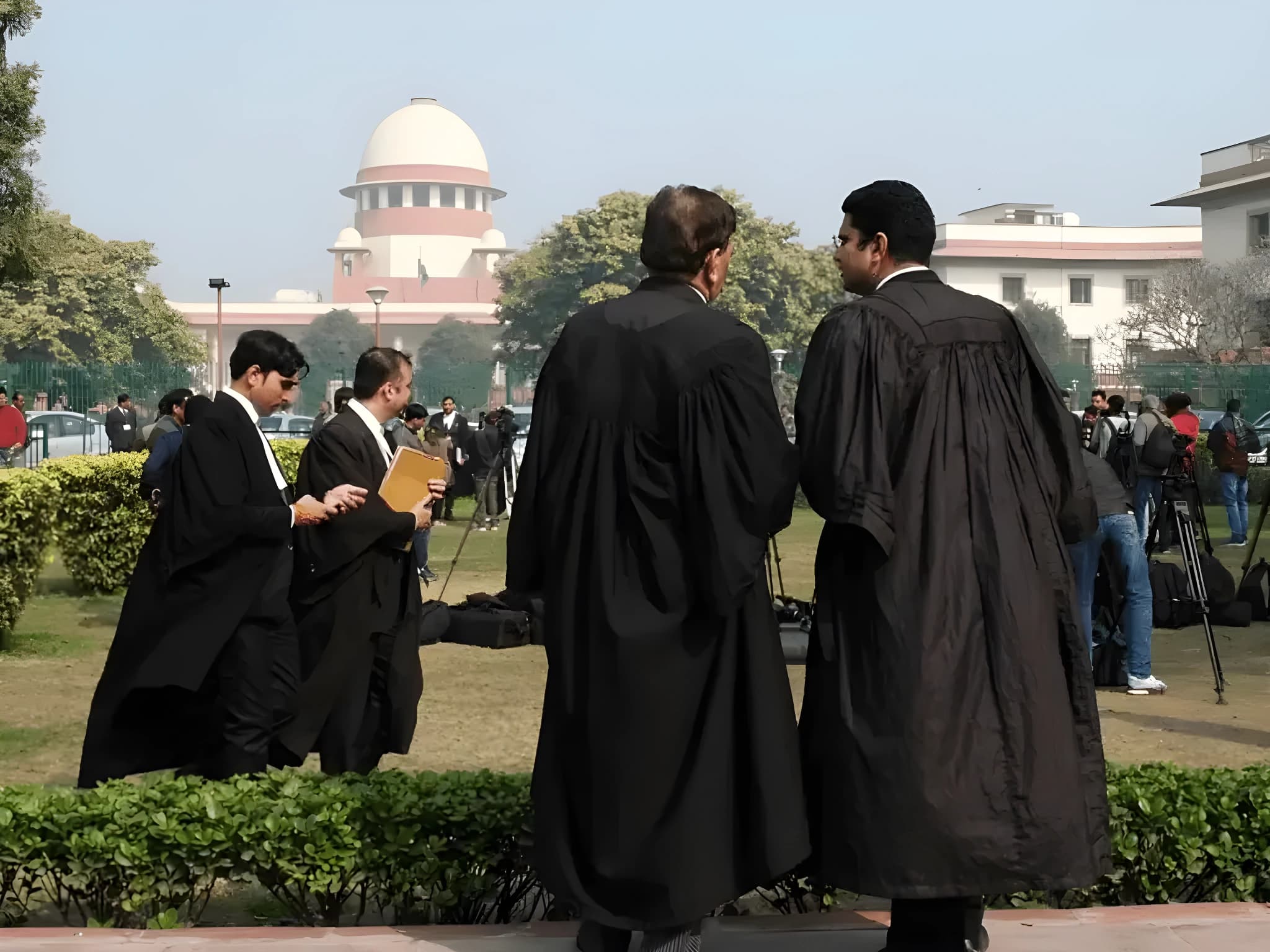
‘Only Enrolled, Independent Practitioners Qualify as Advocates Under Indian Law’
Supreme Court Judgment reaffirms that only independent, enrolled practitioners enjoy attorney-client privilege under Indian law.
The Supreme Court’s recent ruling has revived an old but often blurred distinction in Indian legal parlance -- that between a lawyer by qualification and an advocate by status.
In a landmark judgment, the Court clarified that in-house legal advisors, though law graduates, are not “advocates” under the Bharatiya Sakshya Adhiniyam (BSA) and therefore cannot claim attorney-client privilege.
The ruling, authored by Justice K. Vinod Chandran for a Bench led by Chief Justice B.R. Gavai, arose from a suo motu case concerning the summoning of lawyers by investigating agencies. While the Court protected the professional privilege of advocates, it simultaneously drew a firm line between legal education and legal practice.
At the heart of the judgment lay a simple but significant question: Is every lawyer an advocate? The Court’s categorical answer – No.
Who Is an Advocate?
Under Section 2(a) of the Advocates Act, 1961, an advocate is defined as a person enrolled on the rolls of a State Bar Council. Sections 29 and 33 make it explicit that only advocates are entitled to practise before courts, tribunals or authorities.
By contrast, lawyer is a general term -- anyone holding a law degree or performing legal work. A lawyer may advise a corporation, draft contracts or teach law, but unless enrolled with a Bar Council, they have no statutory right to appear or practise in court.
It is this right to practise law that the Supreme Court tied to the meaning of “advocate” under Section 132 of the BSA, which protects privileged communications between an advocate and a client.
“The fact of their regular employment with full salaries takes them away from the definition of an advocate as defined under the Advocates Act, 1961,” the Bench observed.
Why Employment Matters
The Court drew on Rule 49 of the Bar Council of India Rules, which prohibits full-time salaried employees from practising as advocates.
The logic, it said, is straightforward -- advocacy is not employment but a profession that demands independence of judgment and loyalty to the court, qualities that are compromised when a lawyer is part of a corporate hierarchy.
Citing the Constitution Bench ruling in Rejanish K V v. K Deepa (2025), the Court reiterated that once a law graduate accepts full-time employment, they must inform the Bar Council and cease to practise. Even if still enrolled, they cannot act as advocates until resigning from employment.
Thus, while an in-house counsel may be a lawyer in every practical sense, they are not advocates in the eyes of the law. Their relationship with their employer is one of master and servant, not client and advocate.
Independence: The Defining Criterion
The judgment underscores independence as the defining feature of advocacy. Quoting the European Court of Justice’s decision in Akzo Nobel Ltd. v. European Commission (2010), the Supreme Court endorsed the view that an in-house lawyer, though qualified, does not enjoy the same degree of independence as an external counsel.
“An in-house counsel, though engaged in advising his employer on legal matters, would be influenced by the commercial strategies of the employer and obliged to protect its interests,” the Court said.
In essence, an advocate owes allegiance to the law and the court, while a lawyer in employment owes allegiance to the employer. Independence, therefore, is the litmus test for the right to practise.
Privilege Flows from Advocacy
Section 132 of the BSA — corresponding to Section 126 of the Indian Evidence Act — protects confidential communications between an advocate and client. The privilege exists on the presumption of professional independence.
An in-house counsel, by contrast, may maintain confidentiality but cannot claim privilege under Section 132. The Court clarified that such communications might instead be shielded under Section 134, which provides limited protection against compelled disclosure.
This fine distinction between confidentiality and privilege defines the legal consequence of not being an “advocate”.
Why the Distinction Matters
The ruling has wide implications for corporate legal departments, compliance officers and general counsels. It delineates the boundaries of professional privilege and reiterates that the right to practise law — and the privileges arising from it — come only through enrolment and independent practice.
In reaffirming this principle, the Supreme Court restored clarity to a long-faded line: a person may be a lawyer by qualification, but only an advocate by practice.
With that status comes the privilege, protection and responsibility unique to the legal profession.
For any enquiries please fill out this form, or contact info@thelawreporters.com and Follow The Law Reporters on WhatsApp Channels